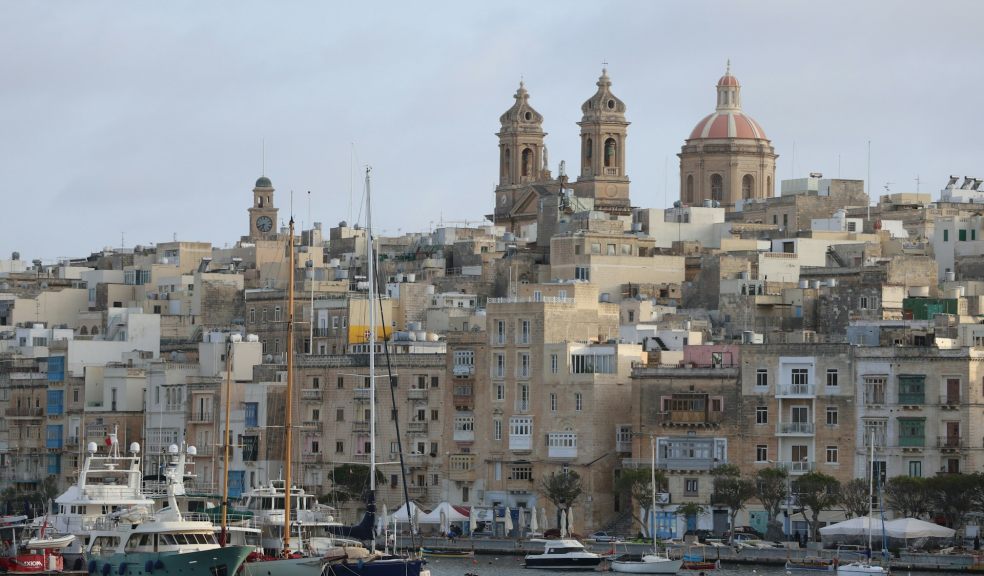
Tax Optimization in Europe: Choosing Between Malta and Cyprus for Residency
Tax optimization is a key consideration for wealthy individuals looking to secure a second residence in Europe. Among the many options available, Malta and Cyprus stand out due to their attractive tax regimes.
Albert Ioffe, Legal and Compliance Officer at Immigrant Invest, compares Malta Residency and Cyprus’s PR, along with their application processes.
European Tax Optimization with Second Residence Permit
Securing a second residence in Europe can offer significant European tax optimization opportunities. By becoming a tax resident in a favourable jurisdiction, individuals can benefit from lower tax rates, tax exemptions on foreign income, and more flexibility in managing wealth.
Malta and Cyprus are both attractive options because they offer residency permits. However, each country has its own set of rules, benefits, and application procedures.
Tax Advantages of Cyprus PR
Cyprus Permanent Residence program is a popular instrument for tax optimisation, offering a range of benefits to individuals looking to make the country their second home.
Low Personal Income Tax. Cyprus has a relatively low personal income tax rate, with the maximum tax rate set at 35%. However, individuals can benefit from a series of tax exemptions and deductions that effectively lower the tax burden on foreign income.
There is no tax on global income.
No Inheritance Tax. Like Malta, Cyprus also has no inheritance tax, which is a significant advantage for those planning to pass on wealth to heirs without incurring hefty tax costs.
Non-domiciled tax status. Cyprus offers a special tax status to non-domiciled residents, meaning they are exempt from tax on worldwide dividend income and interest income. This makes Cyprus an especially attractive option for investors and business owners with income from international sources.
Capital gains tax. Cyprus also benefits from low capital gains tax rates. While gains from the sale of immovable property are subject to tax, gains from the sale of securities, such as shares and bonds, are generally exempt.
Low corporate tax. The corporate tax rate is one of the lowest in Europe — 12,5%.
Tax Rates in Malta
No inheritance tax. Malta does not levy any inheritance tax, which is a key benefit for individuals looking to pass on their wealth to future generations without incurring high costs.
Tax on worldwide income. While Malta has a progressive tax system, it allows for significant tax exemptions. Residents can benefit from a favourable tax rate on foreign income, meaning that certain foreign-sourced income may not be subject to tax in Malta, especially if the income is not remitted to the country.
Flat tax rates. Malta offers a flat tax rate on income that is remitted to the country, which is particularly beneficial for individuals with large international incomes. The tax rate can be as low as 15% on income brought into the country.
Capital gains tax. Malta’s capital gains tax is favourable as well. Tax rates on gains from the sale of assets like property or shares are generally low, and in some cases, exemptions can apply, reducing the overall tax burden.
Application Process for Malta Permanent Residence Program
The application process for Malta’s Permanent Residence program involves several steps, but it is generally straightforward for those who meet the financial criteria.
1. Eligibility. Malta Permanent Residence Programme requires a contribution to the national development fund, along with a property investment, a charitable donation and application administrative fee.
Investors rent real estate for at least €14,000 per annum or buy a property for at least €375,000 for a property situated in Malta or Gozo.
Investors pay €15,000 as an initial payment and €35,000 at the final stage, regardless of whether they choose to buy or rent property.
Investors must make a one-time, non-refundable contribution of €30,000 to the government if purchasing property, or €60,000 if renting.
An additional donation of €2,000 is required to a local NGO. This donation contributes to social projects in Malta.
Applicants need to demonstrate assets worth at least €500,000, with €150,000 in liquid financial assets. This ensures that applicants have sufficient financial stability to support themselves and their families.
2. Application submission. Once the applicant has met the necessary requirements, they submit an application to the relevant authorities. The process involves submitting documents such as proof of income, health insurance, and a criminal background check.
3. Due Diligence. The Maltese authorities conduct thorough 4-step Due Diligence checks to ensure that the applicant and their family members have no criminal background and are financially capable of maintaining the residency.
4. Approval and Issuance. Once the application is approved, applicants receive their Permanent Residence Card, which grants them access to live, work, and study in Malta, along with the benefits associated with the program.
Application Process for Cyprus PR
The Cyprus Permanent Residence program is relatively straightforward, but applicants must demonstrate they meet certain criteria.
1. Eligibility. To apply for the Cyprus PR, applicants must make a significant investment in real estate in Cyprus, with a minimum value of €300,000. This investment can be in residential or commercial property.
2. Application submission. The applicant must submit the required documentation, including proof of the investment, financial standing, health insurance, and a clean criminal record.
3. Review process. The Cyprus authorities carry out a review of the application, including a financial check to ensure the applicant can maintain their residency. This process can take several months.
4. Approval and residency. Once the application is approved, the applicant and their family are granted Permanent Residency status in Cyprus, which includes the tax benefits available to residents under the non-domiciled tax status.
Conclusion
Both Malta and Cyprus offer opportunities for wealthy individuals looking to secure a second residence in Europe. Malta grants the right to become a tax resident. Tax incentives for residents in Cyprus include a favourable personal income tax rate and unique benefits for non-domiciled residents.
Choosing between Malta and Cyprus depends on individual priorities, such as investment preferences, tax obligations, and residency requirements. If you're considering residency in either country, it’s important to consult with an expert to determine the best option for your financial situation.













